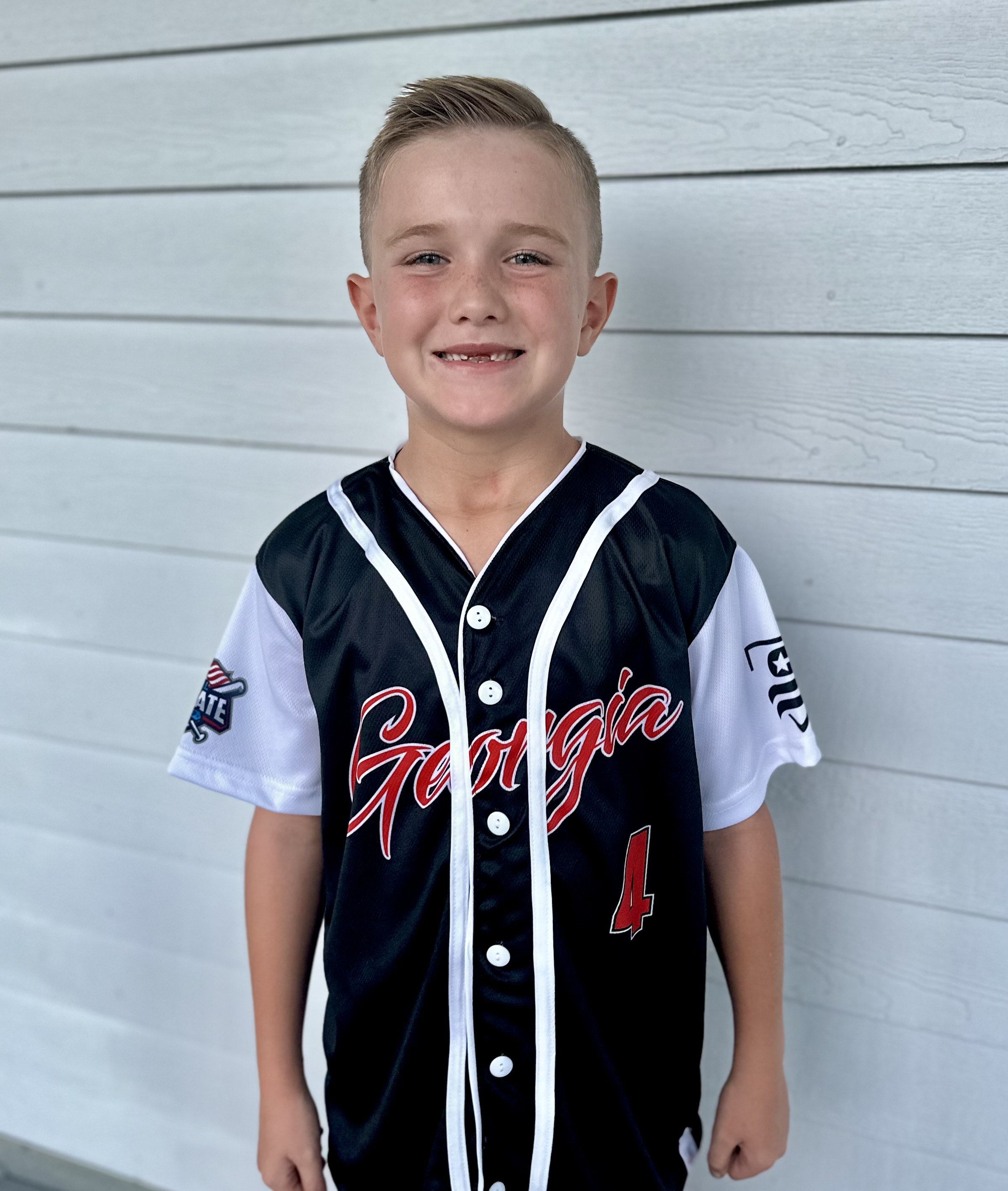Genius of Invention
Published 12:57 pm Monday, March 2, 2009

- frank brown
VALDOSTA — Frank Brown sees words backwards.
“I graduated out of high school with a diploma I couldn’t even read,” Brown says, referring to himself as double dyslexic.
While he sees words as jumbled symbols, Frank Brown reads machines.
Like an editor strengthening the structure of sentences and paragraphs of text, Brown looks at a broken piece of equipment and sees how to fix it. He sees a mechanical situation and knows how to modify it.
Brown, 49, designs and builds lifts to help paraplegics get out of tubs. He modifies devices for lawn mowers and four-wheelers. He builds handicapped ramps. He created a pulley lift so a hunter paralyzed from the waist down can lift himself into a deer stand.
He regularly designs and modifies equipment for Barnes Drug Store; Brown thanks Charles Barnes and Robert Steedley for these assignments because this work has changed his life.
“It has allowed me to be able to help other people,” Brown says, “and it means a lot to me to help other people.”
His designs include metal racks to safely transport oxygen tanks. Based on an idea by Valdosta police Sgt. Barry Hall, Brown designed and built equipment that allows the city’s police better and safer access to their squad car printers and computer screens. This device is in city police cars and other law-enforcement agencies have expressed interest in it.
He’s patented a few of his designs, meaning the kid who once felt the sting of not being able to read at school has grown up to be an inventor.
He usually sees a modification or design immediately based on the available equipment and a person’s needs.
“I look at that house,” he says, pointing at a nearby home, “and I see how I want the porch rail, how the roof should be. I see it in my mind, then I draw it, then I build it.”
Other times, a project challenges him, or a better idea comes to him, often in the middle of the night. He’ll start awake. He knows what needs doing. He wakes with the idea. It could be 2 in the morning, but he gets up. He walks out of the house into his shop, turns on the lights and welds his middle-of-the-night inspiration into metal reality.
“I’ve always had the capability to make something work,” Brown says. “If I didn’t have something I wanted, I had to figure it out and build it.”
Raised around race car drivers and car mechanics, like his grandfather Wilbur Fountain and uncle Larry Fountain, young Franklin Brown learned the importance of automotive maintenance early. Frank was 5 years old when his father died. These other relatives served as his male role models.
The Fountains modified cars and raced them — an exciting side of life for a boy whose family had worked the Strickland Cotton Mill for generations back in Remerton’s days as a company mill town.
At school, young Franklin couldn’t read. Back in the ’60s and ’70s, dyslexia wasn’t a commonly known disability. Frank Brown would be a young adult before dyslexia became a known diagnosis for many people who see words as scattered letters.
An inability to read made school difficult enough, but other kids made it worse for this mill-town kid who couldn’t read, and whose father had died. They called Frank Brown names: Dumbo. Retardo. The mean way kids can latch onto one child’s perceived weakness or loss and twist them into labels.
While he couldn’t read or write, young Franklin Brown could draw anything. At home, he started taking things apart and putting them back together. He learned watching his relatives work on cars. He came to realize that almost anything he could draw, he could build. His people loved working on cars. Frank liked working on, then racing, bikes and motorcycles, which led his mother to nickname him “Scooter.”
At the age of 13, “Scooter” modified his bicycle with scrap parts. An old, yellowed photo from The Valdosta Daily Times shows a young, smiling Franklin Brown on his modified bicycle. The caption noted how he built the 110-inch chopper bicycle in his family’s backyard shop. He couldn’t read that caption, but a lot of kids at school wanted him to modify their bicycles. Frank Brown had found his place.
For nearly 30 years, Brown has worked with the City of Valdosta, repairing and maintaining lawn equipment. When he started with the maintenance department, the city had 68 pieces of lawn equipment. The city now has 486 pieces of lawn equipment, which are Brown’s responsibility.
He works the city job from 6 a.m.-4 p.m. Mondays through Fridays. He possesses a solid work ethic along with a genius for mechanics. He’s only been late to work once and that was because he saved a young woman’s life.
Driving to work one morning, Brown discovered a car accident. A young woman pinned under the wreckage. Brown used his truck and his physical strength to lift the wrecked vehicle off the young woman’s crushed legs. His efforts saved her life.
While lawn mower repair and welding tasks keep Brown busy throughout the work day, he creates his designs, builds his inventions and modifications, and repairs items during his off-hours. He often works in his home shop until 11 p.m. during the week, and all day many Saturdays. On Sundays, he rides one of his several motorcycles.
Determination marks Frank Brown. A few years ago, he went to take his master certification test on Kohler equipment. He explained he couldn’t read and was denied the opportunity to take the test. He was sent away. Brown returned the next year. The official tried denying Brown again, but this time Brown insisted his case be heard. He explained his dyslexia, explained that he knew the information, explained that he could not read but could pass this test. This time, the official listened, arranged the test, and Frank Brown became a Kohler master certified tech mechanic. A sign on his property testifies to this accomplishment.
As for the property, he bought an empty lot 31 years ago, when he purchased this land for $2,500. He worked in a 10-by-10 metal building in the early years. He built a house. Two years ago, he designed and built the massive steel and metal structure that serves as Frank’s Shop, which is also called Welding by Frank Brown.
On this land, and amidst his work ethic, he raised a family. Frank is the father of son Travis, daughter Shay, and step-daughter Jennifer Elliott. He is married to wife Lisa. They work his books and help him with the reading and writing aspects of his business.
From an early age, his children learned how to do things like write checks to help him maintain a household and to aid him with his business. In turn, he has taught his children how to be self-reliant and self-sufficient. He’s made sure they know how to build and repair things.
The only time you’ll see a repair truck coming out to the Browns place, Travis Brown says, will be a Georgia Power truck. They don’t mess with that much electricity, Travis says, pointing to an electric pole. But anything else, they can fix it, or build it, or make it so.
“No one should ever be able to tell someone what they can and cannot do,” Frank Brown says. “That’s what I want people to know. Just because a person can’t read or has a disability doesn’t mean they can’t do and succeed in life.”
Frank’s Shop can be reached by calling 794-1092; or 460-5767.





